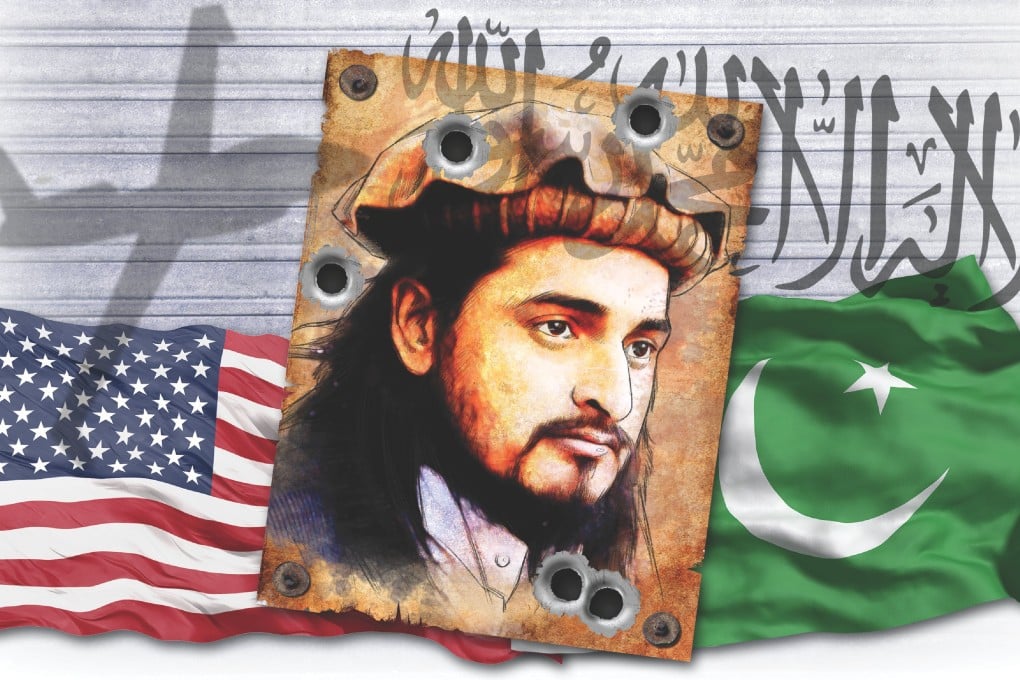Taliban chief's killing exposes poison in Pakistan-US relationship
The drone killing of Hakimullah Mehsud has triggered a wave of anger among Pakistan's elite, with the US accused of sabotaging peace moves

In life, Hakimullah Mehsud, the leader of the Pakistani Taliban, was Public Enemy No.1: a ruthless figure who devoted his career to bloodshed and mayhem against his own people as well as foreigners, whom Pakistani pundits occasionally accused of being a pawn of Indian, and even American, intelligence.

The interior minister, Chaudhry Nisar Ali Khan, denounced the strike as sabotaging budding government peace talks with the Taliban. Pakistani media commentators blasted American treachery. And the former cricket star Imran Khan, now a politician, renewed his threats to block Nato military supply lines through Khyber Pakhtunkhwa, a province his Tehreek-e-Insaf party controls; a parliamentary vote was scheduled for yesterday.

To some American security analysts, the furious reaction was another sign of the perversity and ingratitude that they say has scarred Pakistan's relationship with the United States. "It's another stab in the back," says Bill Roggio, whose website, the Long War Journal, monitors drone strikes. "Even those of us who watch Pakistan closely don't know where they stand anymore. It's such a double game."
To many Pakistanis, though, it is the United States that is double dealing, and sentiments like Roggio's exemplify American arrogance. Shireen Mazari, a senior official in Khan's party, has urged the Pakistani military to shoot down drones.